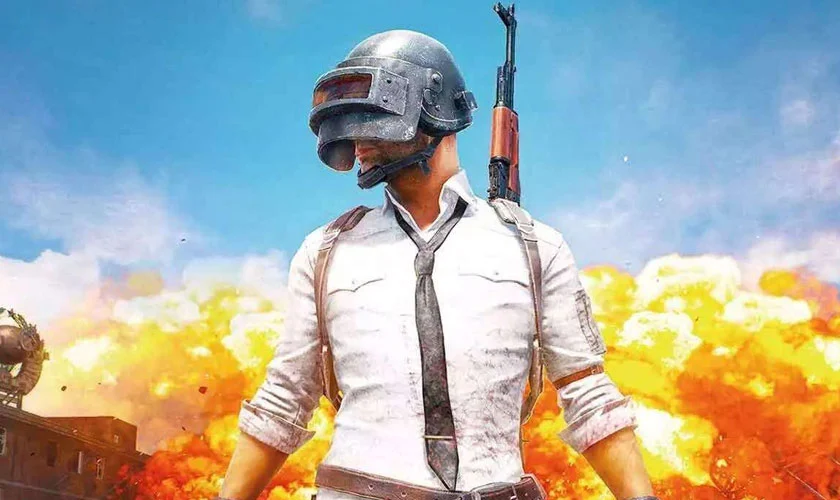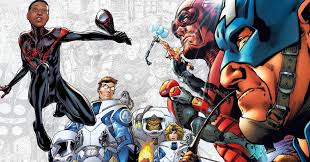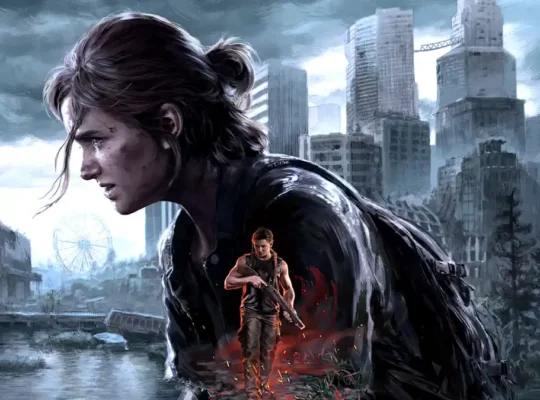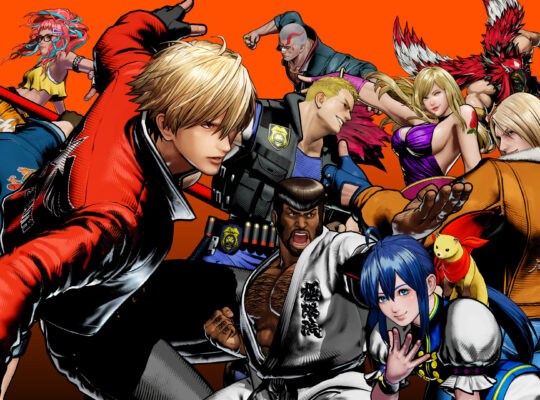Pros:
1. Intense Tactical Gameplay: PUBG excels in creating a realistic and immersive battlefield where 100 players are dropped onto an island, scavenging for weapons and gear while strategically positioning themselves to be the last survivor. The tactical depth and unpredictability of each match keep players engaged and coming back for more.
2. Realistic Graphics and Immersive Atmosphere: The game’s realistic graphics and detailed environments contribute significantly to its immersive experience. From lush forests to urban cityscapes, each map in PUBG is meticulously designed, offering diverse terrain that affects gameplay and strategy.
3. Variety of Weapons and Customization: PUBG boasts a vast arsenal of weapons, attachments, and equipment, allowing players to tailor their loadouts to suit different playstyles. This customization adds depth and replayability as players experiment with new strategies and weapon combinations.
4. Constant Updates and Support: The developers regularly update PUBG with new content, gameplay improvements, and optimizations. This commitment to ongoing support helps maintain the game’s relevance and keeps the community engaged with fresh challenges and features.
5. Cross-Platform Play: PUBG supports cross-platform play across multiple devices, including PC, consoles, and mobile platforms. This accessibility ensures a large player base and facilitates a diverse gaming experience across different platforms.
Cons:
1. Steep Learning Curve: PUBG’s complex mechanics and steep learning curve can be intimidating for newcomers. Mastering the nuances of weapon handling, map navigation, and survival tactics requires time and practice, potentially alienating casual gamers.
2. Performance Optimization Issues: Despite ongoing efforts to improve performance, PUBG has faced criticism for optimization issues, especially on lower-end hardware. Players may encounter frame rate drops, server lag, and other technical issues that can detract from the overall experience.
3. Lengthy Matches and Downtime: Matches in PUBG can be lengthy, with each session potentially lasting over 30 minutes. This extended playtime, coupled with periods of downtime between engagements, may not appeal to players seeking quick, action-packed sessions.
4. In-game Microtransactions: Like many free-to-play games, PUBG includes microtransactions for cosmetic items and battle passes. While these purchases are optional and do not affect gameplay, they can create a pay-to-win perception among some players.
5. Cheating and Fairness Concerns: PUBG has grappled with issues of cheating and unfair gameplay practices, which can frustrate legitimate players. While the developers implement anti-cheat measures, the persistence of cheaters remains a persistent issue in the community.
Conclusion:
PlayerUnknown’s Battlegrounds has left an indelible mark on the gaming world, offering a visceral battle royale experience that blends tactical gameplay with immersive environments. Its strengths lie in its realistic graphics, diverse gameplay mechanics, and ongoing support from developers. However, challenges such as a steep learning curve, technical issues, and concerns over fairness continue to impact its reputation. Ultimately, PUBG remains a compelling choice for players seeking intense multiplayer action and strategic gameplay, despite its drawbacks.
Whether you’re parachuting onto the island solo or teaming up with friends, PUBG continues to evolve, aiming to maintain its status as a cornerstone of the battle royale genre.












